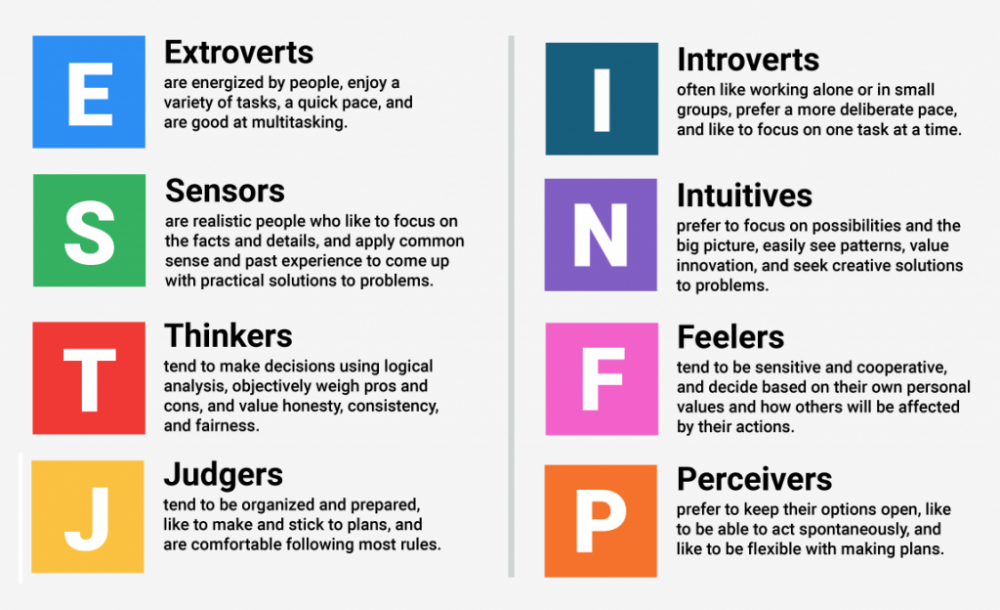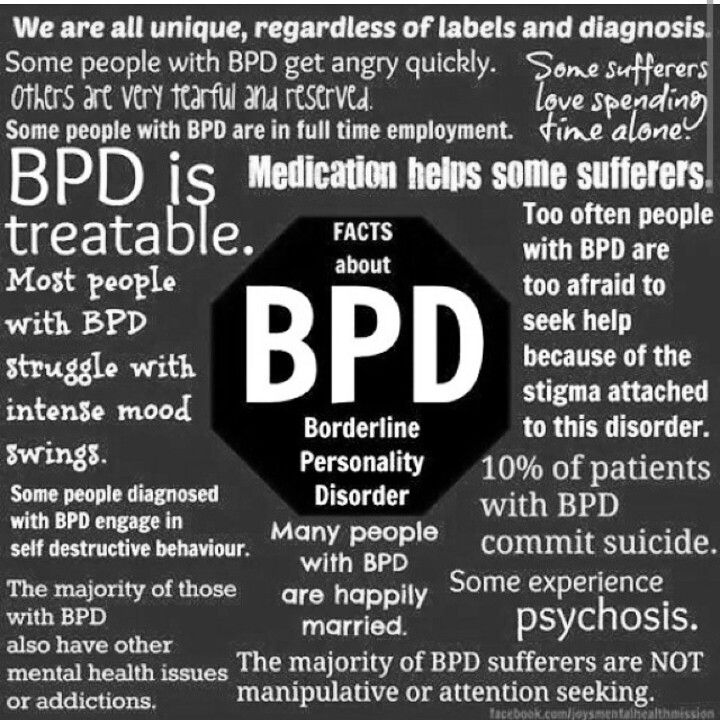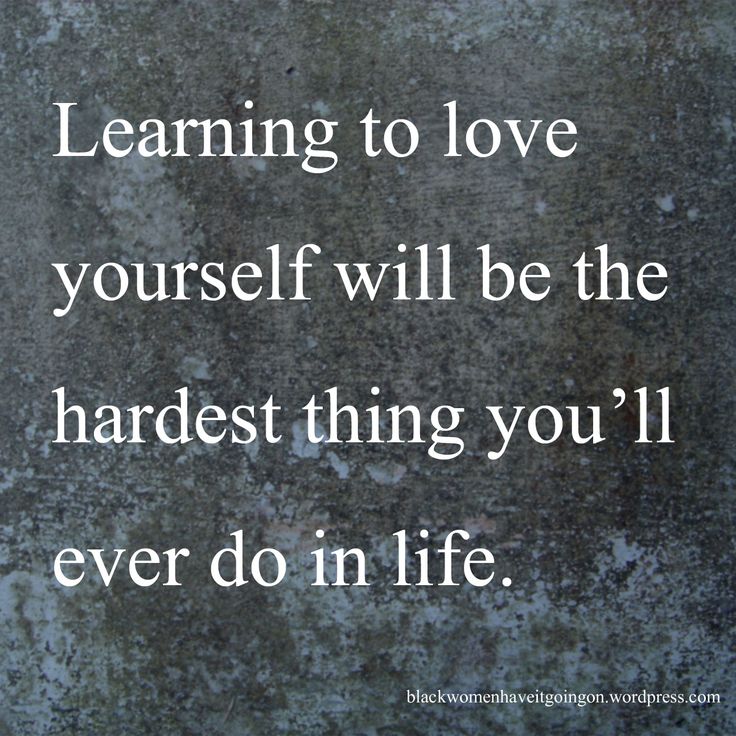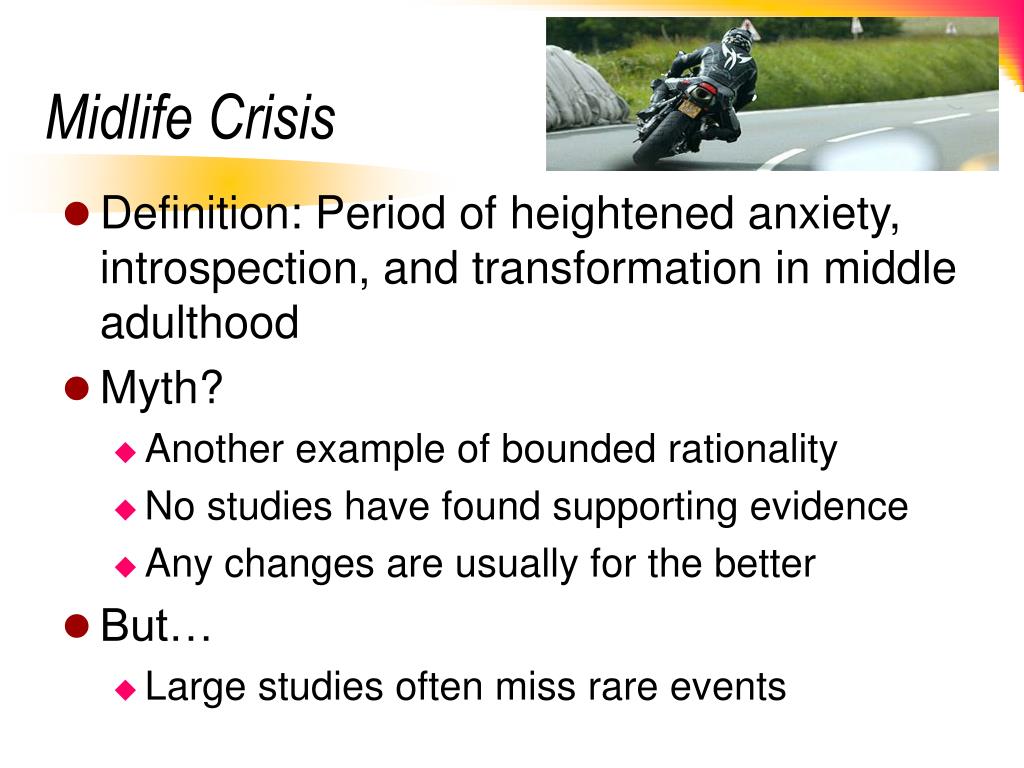Getting fired from a job you hate
Getting fired from a toxic job can still be upsetting
Jenny Teo | Twenty20
Toxic work culture stories dot the internet with tales of bad co-workers and even worse bosses. For example, Away suitcase's founder reportedly used Slack to lob insults at her team, including calling them "brain dead." Adam Neumann of WeWork held mandatory meetings on Sundays. And Amazon drivers reported skipping bathroom breaks and peeing in bottles.
If you've ever found yourself in workplace that was harmful to your mental health, you know it can be all-consuming. And if you've ever been let go from a toxic job you probably also know it can be puzzlingly upsetting.
"It's like being in a toxic relationship that ends," says Lisa Bobby, psychologist and clinical director of Growing Self Counseling & Coaching in Denver, Colorado. "A person will be upset and their friends are like, 'oh my god why.'"
Why you might be thinking 'it was my fault'
The reason getting let go by a boss who had a negative impact on your life can be traumatizing is because many people form an "abusive relationship" with their job, Bobby says.
"They have a narrative that says, 'if I were better I wouldn't have done a bad job. It was my fault,' she says. "It's similar to a narrative that women or men have in an abusive relationship that if I were better this person would treat me how I deserve to be treated."
If you find yourself missing a boss who was impossible to please or didn't respect your boundaries, be sure to "make space for your feelings," Bobby says.
"No matter what's going on, you change the way you feel by changing your story," she says. "If you're feeling really bad about a job loss it's because you are rehashing a hurtful or shameful narrative. Craft a new story that feels true, but that emphasizes a positive spin."
For example, instead of telling yourself "they hated me," say "I didn't love that job either and now I'm free to find something better."
They have a narrative that says, 'if I were better I wouldn't have done a bad job. It was my fault.
'
Lisa Bobby
Psychologist
Even losing a job you hate can leave a 'huge void'
Some professions lend themselves to toxicity more than others, says Brandon Smith, therapist and executive coach known as The Workplace Therapist
"There are environments where you are expected to give your entire life to a profession," he says. "Common ones would be high pressure consultation, high pressure law firms and investment banking. Those folks are notorious for sleeping in their office."
If you get let go from a job that was a major time-suck you might feel disoriented, Bobby says.
"Losing a job that monopolized all your time leaves a huge void in your life, particularly if your meaning or self worth has been tied up in your professional role," she says. "In these cases people can feel immense anxiety, panic, and loss, and sometimes jump right back into another toxic job situation where they're overworked in order to escape the existential crisis. "
"
To cope, take this time to invest in hobbies, self-care, or personal relationships, she says.
Sign up now: Get smarter about your money and career with our weekly newsletter
Don't miss: I spent 5 years interviewing 225 millionaires. Here are the 4 types of rich people and their top habits
14 Easy Ways To Get Fired – Zippia
- 14 Easy Ways to Get Fired
- Is It Better to Quit or Be Fired?
- How To Get Fired FAQ
- Final Thoughts
- Sign Up For More Advice and Jobs
Show More
At the beginning of any job, there’s always the intention of staying for awhile. Unfortunately, there are times when some jobs end up not being what you thought and you end up hating it.
If you wake up every morning thinking “God, I wish they would just fire me already,” you’re not alone. Some people hate their jobs but aren’t financially able to be unemployed by choice.
Getting fired gives you the possibility of getting a severance package or filing for unemployment, which can help with financial burdens while giving you time to find a new job.
14 Easy Ways to Get Fired
If you’re not worried about carrying around the stigma of being “that person who got fired,” we’ve got good news for you — getting fired is easier than you might think! Follow these 14 tips that are sure to help you lose your job.
-
Get to work late every day. This one’s a classic. Getting to work on time is for suck-ups and people who actually care about their jobs, right? In that case, why not hit your snooze button two or ten times?
And while you’re at it, showing up with Starbucks in-hand will be that final touch for your nonchalant “I don’t care about working” look.
-
Take your time settling in. When you first get to your desk, take a few minutes or an hour or two to get really nestled in for the day. Drink your Starbucks, check your phone, watch a funny YouTube video or five.

This will surely show your boss and your coworkers that you really have no commitment to getting any work done at all. Hey, at least you’re there, right?
-
Take really long lunches. Only an hour for lunch? And you don’t get paid? Who are they kidding? You’re no chump.
Take as much time as you need to catch up with an old friend, take that perfect Instagram-worthy picture of your meal, and run a few errands. The office will still be there when you get back.
-
Drink at work. Have a drink or two while at lunch. Who cares if you come back to the office reeking of a brewery and can’t focus on your work, those chumps are just party poopers. After all, haters gonna hate — am I right?
-
Make a ton of personal phone calls. You spend about 8 hours at your job (on a good day). If you can’t make all of your personal calls to each of your friends throughout the day, when else are you going to be able to find the time?
Just go ahead and knock out all of your phone calls at work.
 And while you’re at it, feel free to take your time chatting about the weather and such.
And while you’re at it, feel free to take your time chatting about the weather and such. -
Make your customers or clients angry. Who cares what they think, they’re not the ones who sign off on your paycheck. Why are they so needy anyway?
If you handle customers in person, just go ahead and ignore them and don’t answer their questions. They can find someone else who actually cares.
If you speak with customers or clients mostly by phone, just keep your line busy so they can’t get through — and if they’re bold enough to leave you a message, just go ahead and erase that sucker and never return their calls.
-
Use the internet irresponsibly. Take your time scrolling through Facebook, Snapchat, Twitter, or whatever other social media millennials are into these days.
Make sure to also send out lots of personal emails throughout the day using your work email address. Go ahead and download a bunch of music and movies to your work computer while you’re at it.
And if you want to lose your job faster than you can say “I quit,” surf some adult websites! Those “NSFW” tags are just meant to ward off weenies who want to keep their jobs anyway.
-
Never offer to help your coworkers. What’s the point of going beyond your job description if you’re just trying to get fired anyway?
Even if a project or assignment is down to the wire and your coworkers desperately need an extra set of hands, just watch from the sidelines and watch them sweat. After all, it’s not even your job.
-
Lie on your application or resume.This is a good route to take if you already know you want to get fired before you even start your job.
You already know that your employers are going to look into the information you provide and hold you responsible for it, so what’s the point of telling the truth if you just want to leave after a few weeks anyway?
-
Look for new jobs while you’re at work. If you’re looking for a new job and don’t mind getting fired from your current job, why not just go ahead and apply for other positions from your work computer?
Feel free to send chat messages and emails to other employers or use them to tell your friends about how excited you are to get a new job.
There’s a chance that your work computer and messages are being monitored, so this a great method to use to get fired if you don’t mind looking like a huge jerk.
-
Alienate your coworkers. To be able to do your job effectively, you’ll need the support and cooperation of your colleagues. So if you’re trying to get fired, it’s probably in your best interest to alienate them entirely and make them think that you hate them.
What’s the best way to go about this? An easy way to get a head start is to become the office gossip and say mean things about all of your coworkers.
 Once you’ve detached yourself from everyone in the office, you’re sure to get kicked out of there and replaced by someone else. It’s a win-win for everyone!
Once you’ve detached yourself from everyone in the office, you’re sure to get kicked out of there and replaced by someone else. It’s a win-win for everyone! -
Blame everyone for your mistakes. If you want to get fired from your job, blame everyone else for your mistakes. Not taking ownership for mistakes you’ve made or refusing to ask for help is a great way to show your employers that you’re completely undependable and untrustworthy.
The truth about your mistakes will surface eventually, and they’ll end up biting you in the ass. But if you’re trying to lose your job, that’s only good news!
-
Incompetence. It may take a little longer, but if you constantly make high-profile mistakes, you’re going to get the ax eventually.
Especially if you make different mistakes each time (so it’s not super obvious what you’re doing) and blame people above you in the corporate hierarchy – publically. -
Wait for Layoffs. If you’re pretty sure lay-offs are coming for your department anyway, you can also just talk to your supervisor about being on the top of the lay-off list.
 It makes their lives easier and pretty much guarantees you’ll have no trouble getting on unemployment while you look for jobs.
It makes their lives easier and pretty much guarantees you’ll have no trouble getting on unemployment while you look for jobs.
Being honest and forthcoming about your strengths and qualifications on your resume and cover letter basically just tells employers “I want to work here forever and never get fired. ”
”
So if that’s not the case for you, you might as well just go ahead and load that bad boy up with a bunch of lies about your education and work experience.
Those 14 easy ways we outlined above certainly give your employer good cause for firing you, which means you won’t be eligible for unemployment. Some might even get you into legal trouble, so be careful before using any of those tips.
Is It Better to Quit or Be Fired?
Before doing anything, consider the benefits and the disadvantages of quitting versus getting fired.
-
Quitting: Quitting looks better on your employment history.
-
When explaining to an interviewer how you decided to quit, you get to control the narrative. That makes looking for a job a whole lot easier, especially in this job market. Additionally, you’ve got a better chance of receiving a good references letter if you quit as opposed to getting fired.
-
When you go job-hunting, it’s much easier to tell a hiring manager or recruiter that you quit rather than were fired.
 Additionally, job applications will often ask “May we contact this employer,” and checking “no” too many times will be a red flag for recruiters.
Additionally, job applications will often ask “May we contact this employer,” and checking “no” too many times will be a red flag for recruiters. -
Getting fired: Being fired (for the right reasons) can help you get unemployment benefits more easily.
-
Depending on the company policy, there’s a change of recieving a severance package pay if you are fired. Not all companies offer this, and depending on the circumstances of being fired you,might qualify for it.
-
Getting fired for an especially bad reason (like those outlined above) pretty much guarantees you’ll never get a positive reference from your former employer.
How To Get Fired FAQ
-
Can I get unemployment if I quit?
In most instances, people who voluntarily quit their jobs are not eligible to receive unemployment benefits. However, there is an exception for workers who leave their jobs with good cause. -
Can I randomly get fired?
Yes, unfortunately it can happen to anyone. Your employer can just dismiss a person any time, but if they do it unfairly you can challenge the dismissal.
Your employer can just dismiss a person any time, but if they do it unfairly you can challenge the dismissal. -
Can I say I quit if I get fired?
Yes, you can say anything you want in your application, but just know that some employers will check to see. Its best not to lie about the reasons you were fired. Its better for your reputation to tell the truth.
Final Thoughts
If your new job isn’t working out and you’re confident in your ability to find a new, better job without too much hassle, then you should consider simply quitting your job and moving on with your life without burning any bridges.
If quitting and ending on a peaceful note just isn’t an option and you’d rather go out with a bang and cause a ruckus, well, now you know what to do.
And on the other hand, if you’re super in love with your job and want to stay there forever, now you know all the mistakes you should avoid making so you can keep your dream job. We here at Zippia like to help everyone.
We here at Zippia like to help everyone.
How useful was this post?
Click on a star to rate it!
Average rating / 5. Vote count:
No votes so far! Be the first to rate this post.
Never miss an opportunity that’s right for you.
Is it better to quit or be fired? • BUOM
By Indeed Editorial Team
February 25, 2021
There may come a time when you have a choice between being fired or waiting to be fired. Which option you choose can have a significant impact on your career. In this guide, we will discuss the difference between being fired and being fired, as well as providing some tips on how to decide which option is best for you.
Differences between dismissal and dismissal
Quitting and being fired are two ways to quit your job, but there is a big difference between them. Quitting is an informal way of saying that you quit your job of your own accord.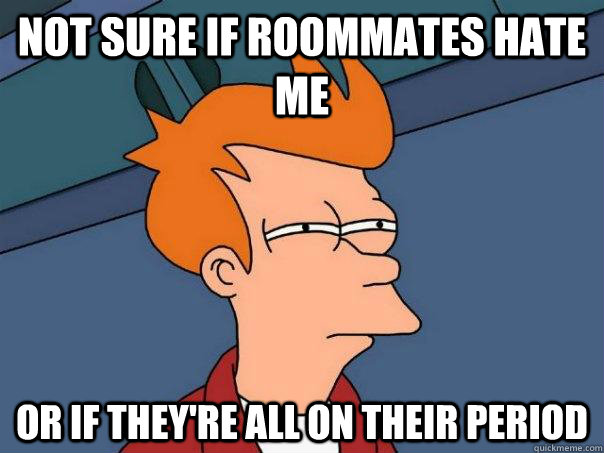 That is, you decided to leave your job of your own free will, perhaps because of another career opportunity or for personal reasons. A more formal way of saying you're resigning is resigning.
That is, you decided to leave your job of your own free will, perhaps because of another career opportunity or for personal reasons. A more formal way of saying you're resigning is resigning.
However, dismissal is when you are forced to leave your position. The company usually has a reason to fire you and you have no say in the matter. Similar to layoffs, layoffs occur when a company cuts staff.
The words you use to describe your leaving work may affect you in the future. For example, it is often easier to explain to a future employer why you quit your job than why you were fired. Whether you were fired or laid off may also affect your eligibility for unemployment benefits.
Signs that you could be fired
Getting fired can often come as a surprise. However, there are usually signs that you are in danger of losing your job. By noticing these signs early on, you can either fix the issues or prepare for being let go. Signs to look out for include:
Bad relationship with your manager
Managers want to work with people they like and can rely on. If you have a poor relationship with your supervisor or if it has deteriorated over time, this can often provoke a dismissal. Try to evaluate how your manager treats you in comparison to other employees.
If you have a poor relationship with your supervisor or if it has deteriorated over time, this can often provoke a dismissal. Try to evaluate how your manager treats you in comparison to other employees.
Negative performance feedback
Negative job feedback is a key sign that you may be fired in the future. Managers hand out performance reports so employees know what they need to work on. If you get a few negative performance reviews, it tells the manager that you are not improving.
Fewer assignments or excluded from team projects
As someone gets close to being fired, they usually get less work. When the company stops believing in your abilities, they will outsource your tasks to others. If you feel that your workload has been significantly reduced or that you are no longer included in team projects, this may indicate a layoff.
More micromanagement from your boss
Another sign that your boss has lost faith in your abilities is that he begins to micromanage you. Micromanaging happens when the boss wants to see everything you do and make sure you're doing it right. If they don't feel like your work is improving, they may decide that the best option is to break up.
Micromanaging happens when the boss wants to see everything you do and make sure you're doing it right. If they don't feel like your work is improving, they may decide that the best option is to break up.
Official warnings about your behavior
Official warnings about your behavior are a clear sign that you may be fired. If you do something at work and deserve a warning from your boss, you must correct that behavior. Once you start getting a few official warnings about something, your chances of getting fired start to increase.
Asking for a pay cut or vacation
Sometimes the company tries to find a way around your termination. If you are asked to take a pay cut or take a vacation, this could be a sign that you are about to be fired. Even if you accept a pay cut or agree to take a vacation, you may still be fired soon.
Benefits of quitting smoking
There are different benefits depending on whether you are quitting or quitting. One of the biggest benefits of being fired or fired is that it looks better on your resume. You can turn a layoff in your favor and make yourself more attractive to future employers. For example, you might say something like, "I left because I wanted to take on more challenging tasks."
You can turn a layoff in your favor and make yourself more attractive to future employers. For example, you might say something like, "I left because I wanted to take on more challenging tasks."
Another benefit of quitting smoking is that you control the time. Layoffs tend to be unexpected, making them difficult to plan. When you leave, you can make sure your financial situation is in order before you do so. You can also get another job before leaving your current one.
Benefits of waiting to be fired
Although receiving a fire is not usually enjoyable, there may be some benefits. One benefit is that it makes you eligible for unemployment benefits. Most states will not provide unemployment benefits to anyone who voluntarily quits their job. Having been forced to leave, you are now eligible for some financial assistance until you find another job.
In some cases, you may also receive severance pay when you leave. You should review your company's policies to see if you are eligible for severance pay in the event of termination.
If you suspect a layoff is coming, you can also use this time to find another job. While you are waiting to be fired, you will still receive your regular salary. When you don't have another job, it may make sense to wait until you get fired rather than quit right away.
How to choose whether to quit or wait until you get fired
You may find yourself in a situation where you have the option to either quit or wait until you get fired. After considering the pros and cons of both, here are a few steps you can take to decide which option is best for you:0003
1. Think about your future job.
Start by considering what your work will look like in the future. If you have another job, then it probably makes more sense to quit instead of waiting to be fired. If you don't have vacancies, then waiting to be laid off can give you more time to look for a job while still getting paid.
However, also think about how being fired will affect your future job prospects compared to being fired. Employers are sometimes hesitant to hire someone with a track record of layoffs. So you can improve your future chances of getting a job by quitting on your own terms.
2. Decide if you need unemployment benefits.
Another thing to consider is whether you need unemployment benefits. If you don't have another job or big savings, you may need financial assistance until you get a new job. In many cases, you will not be eligible for unemployment benefits if you choose to leave your job of your own accord. In this situation, it may make sense to wait until you are fired.
You should also consider any severance pay you may receive from the company. Severance pay can help you financially while you change jobs, but not everyone is eligible for severance pay.
3. Think about your professional relationships.
Before making any decisions, you should also consider your professional relationship in your current position. In the future, you may need a referral from your manager, so you want to keep a good relationship with him. If you leave by profession rather than waiting to be fired, it can help save a professional relationship.
4. Check your mental health.
The last thing to consider is your own mental health. If you work at a job you hate, it's better to quit than wait to be fired. Unpleasant work can take a serious toll on your mental health, which can lead to poor physical health if left untreated. Sometimes the situation at work is so bad that you need to leave, no matter the consequences. Think about your reasons for wanting to leave and whether they are serious enough to leave right away.
Interview or interview? Easy peasy! — Work.ua
The result depends on how you prepare for the interview and how you behave. Learn how to impress yourself as the employee your company needs and get the job.
The purpose of the interview is to show that your skills, knowledge and experience are the best fit for the requirements of the position in question. During the interview, you must demonstrate the consciousness of your choice, knowledge of the profession, the company and the industry to which it belongs, the desire to work in this particular company.
This article will cover the following questions:
- How to prepare for an interview?
- How to pass an interview successfully?
- What are the most frequently asked interview questions?
- Possible indirect reasons for refusal to hire.
How to prepare for an interview
When preparing for an interview, it is very important to do some preliminary research. It is necessary to collect as much information as possible about the company where you are going for an interview and about the people you will meet.
Useful information can be obtained in many ways. If we are talking about a large enterprise, get acquainted with its products or services. Many organizations distribute their prospectuses and promotional brochures. Try to find articles in the press or the Internet about this organization.
You can talk to a person who works or has worked in this organization. You can learn a lot of useful things from him, but you should take into account the subjective coloring of such stories.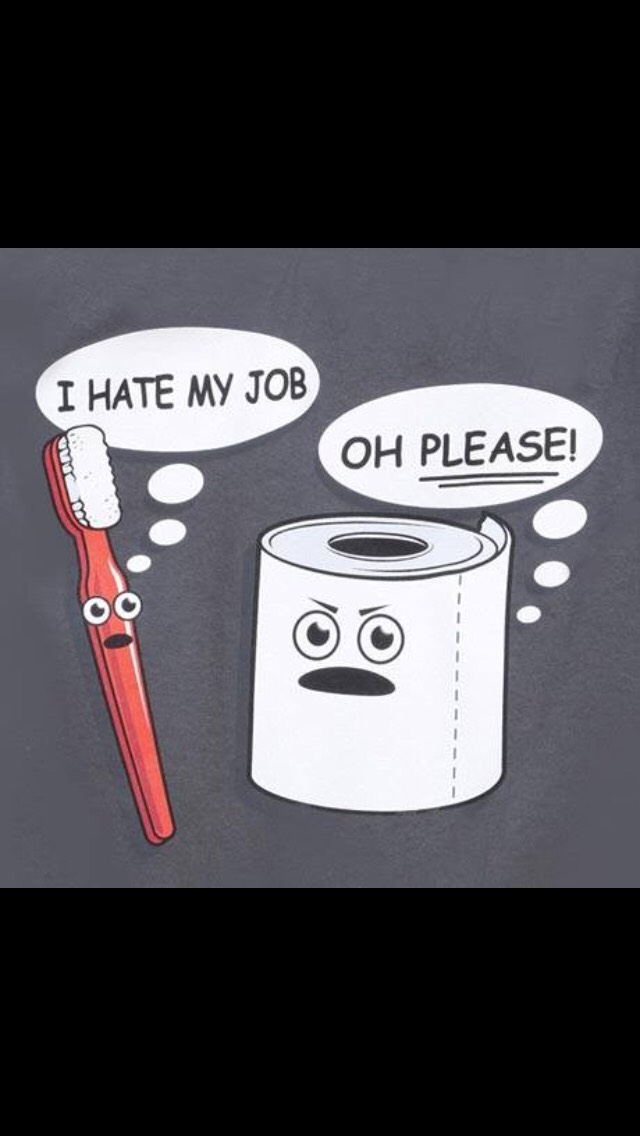 Perhaps some of your questions can be answered by the consultant of the agency you contacted.
Perhaps some of your questions can be answered by the consultant of the agency you contacted.
What you need to know about the organization you are interviewing:
- what products or services does the organization offer?
- Where and to whom are products and services sold?
- How many years has the organization existed?
- How much have the objectives of the organization changed since its inception?
- Is the composition of the leadership stable, or does it change frequently?
- What is the legal status of the organization?
- Were there any attempts to take over the organization by other firms?
- Did the organization make a profit last year? Over the past three years?
- Have there been layoffs in the last three years? Why?
- Is the organization a member of any larger association?
- How much attention is paid to the organization of the press? Why?
- What is the press about the organization?
- What is the attitude towards employees in this organization?
- what new projects are being developed in the organization?
- Is the organization based domestically or does it have partners or branches abroad?
- What is the outlook for the industry to which the organization belongs?
Some tips
- The second thing to do in preparing for an interview is to introspect and think about the answers to questions that you may be asked at the interview.
 Some questions may be purely practical (“Are you ready to spend 30% of your time on business trips?”), Others may aim to assess your motivation, determine the range of your interests, test professional competence, awareness of the company and industry, the ability to quickly find the right decisions ;
Some questions may be purely practical (“Are you ready to spend 30% of your time on business trips?”), Others may aim to assess your motivation, determine the range of your interests, test professional competence, awareness of the company and industry, the ability to quickly find the right decisions ; - Before the interview, consider how you will be dressed. Appearance and demeanor are of great importance and practically determine the first impression. If you are going to an interview at a financial institution, choose a conservative business dress code. If you are going to an interview with a construction organization or a design firm, you can afford to dress in a more casual style. It is best for a woman to wear a formal suit or a fairly conservative dress for an interview, without going to extremes when choosing the length of the skirt, colors and jewelry. Do not use harsh perfume or cologne;
- make sure you know in advance how to get to the company building and where to leave the car.
 Get out of the house in advance;
Get out of the house in advance; - Get a good night's sleep before going to your interview. Sleepy people never make a good impression. Try to go to bed at the usual time, not earlier and not later;
- do not forget to take with you to the interview as many documents as possible confirming your qualifications, education and additional knowledge;
- remember that when choosing from among several candidates with the same qualifications, your ability to make a favorable impression during the interview will play a decisive role.
How to succeed in an interview
The interview usually begins with more specific questions about your professional background or with a description of the vacant position and the organization as a whole. Listen carefully. Follow the direction of the conversation given by the interviewer. You should strive to communicate everything about yourself that speaks in your favor.
Your answers to the questions asked must be direct, that is, answer directly to the question posed; and accurate, that is, do not go beyond the topic under discussion. This, however, does not mean that you should only say yes and no.
This, however, does not mean that you should only say yes and no.
There are answers that are repeated a million times, for example: I enjoy working with people. Even if this is the case, try to avoid clichés. For example, tell us about your way of working with clients. The absence of clichés and platitudes makes a favorable impression. At the same time, when answering a question, you can insert the necessary information. For example, if you are asked what your responsibilities were in the advertising department, you can not only briefly talk about them, but also add that newspaper advertising has become 25% more effective in 6 months of your work. This will be an answer to the point, and no one will consider such an addition inappropriate.
During the interview, constantly relate your professional experience or education to the actual responsibilities of the position you are applying for. When talking about your past negative experience, rationally explain the reasons why you quit or were fired without revealing your grievances. If you want to prove yourself as a mature person, state the position of the other side.
If you want to prove yourself as a mature person, state the position of the other side.
As for the salary, you can name a salary that will satisfy you, but not before you are asked about it.
Tell the truth. First, most likely, your excitement and hesitation will be noticeable and will cast doubts. Each inaccuracy will inevitably deepen the doubts that have arisen and give rise to further questions in which you will get bogged down deeper and deeper. Secondly, you risk finding yourself in a very unpleasant situation if you forget what you said at the first interview at the second interview. Thirdly, if you manage to convince someone now, then later, when you are hired, you will have to demonstrate what you were talking about. Even if you are not caught, you will constantly be afraid of exposure.
If you are asked to fill out any forms, it is best to take them with you and return them as soon as possible. When working with them at home, practice on a draft. Remember that everything matters: literacy, blots, handwriting, and clarity of wording.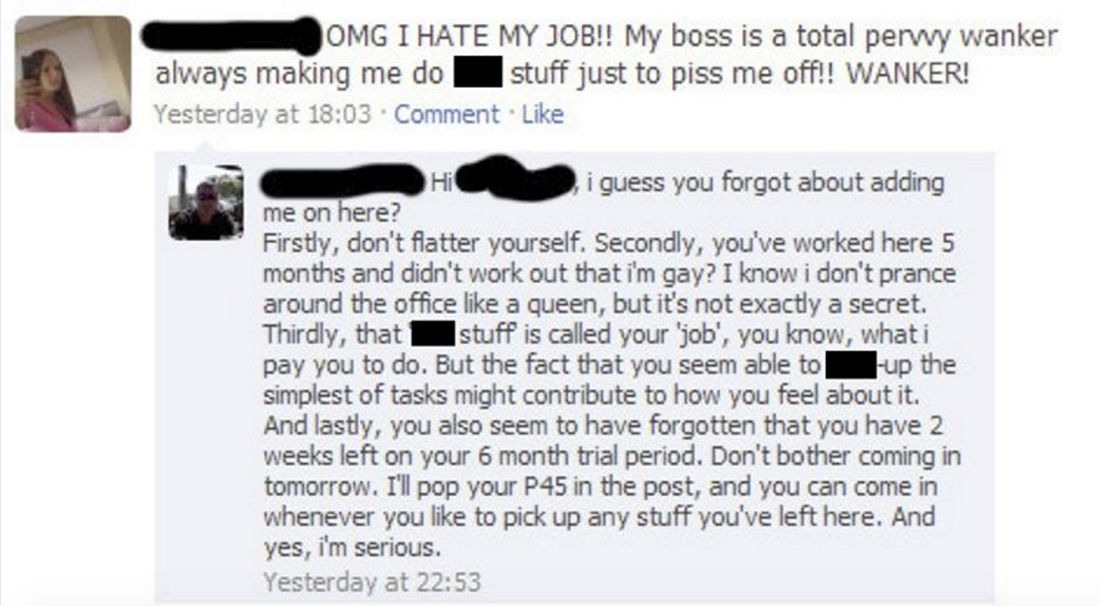
Code of Conduct
- Be polite and friendly to everyone you meet in the office. Don't forget to smile when you enter the interviewer's office. Don't forget how important body language is. Your handshake is no less important: your hand should be dry and warm; The handshake should be firm, but not too strong. Watch your posture, try to look into your eyes. Do not, however, take anything to the extreme.
- when greeting a company representative, do not shake hands first;
- do not sit down until you are asked to do so;
- If you are introduced to someone, make every effort to correctly hear and remember the name of this person. If you can immediately address the interlocutor by name, this will make a favorable impression. Asking again will reveal excessive nervousness.
- it is important to find out the duration of the interview and stick to the agreed time. This will help to correctly allocate time between answers and questions, and determine the degree of detail of answers.
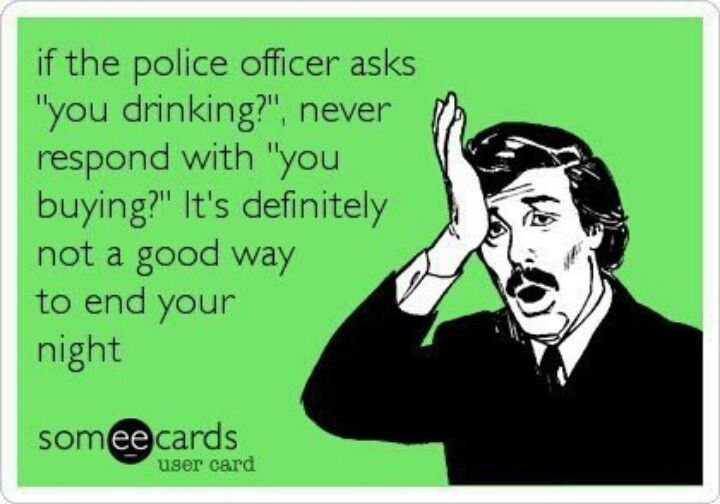
- do not forget, when finishing the conversation, to agree on when and how you will learn about the results, and thank the interviewer.
What are the most frequently asked interview questions
What questions do you have?
This question can also be asked at the beginning, and only preliminary preparation will help you to orient yourself correctly.
Tell us a little about yourself. (What are your responsibilities in your current job?)
In a succinct two-minute response, you can talk about your education and work experience, while trying to prove that you are an excellent candidate for the current position.
Why did you choose this job (company, education)?
Make a strong case: growth opportunities, rewarding experience, etc.
Have you received any other job offers?
If you received it, say so directly: this will increase your chances.-4037065025.jpg) Of course, it should be added that this work interests you more.
Of course, it should be added that this work interests you more.
Have you been interviewed elsewhere?
You can usually answer yes, but don't specify where.
Will your personal life interfere with work related to traveling and irregular working hours?
This question is often asked to women. The law prohibits the employer from being interested in whether the marital status of applicants affects the job. If you try to circumvent the law, answer with a firm no.
What are your strengths?
Emphasize first of all the qualities that are useful for this work. Confirm the presence of these qualities with examples from your life during your studies or work.
What are your weaknesses?
Never answer this question honestly. It should be used to increase your chances. It is best to name such a disadvantage, which would be a logical continuation of your own merits.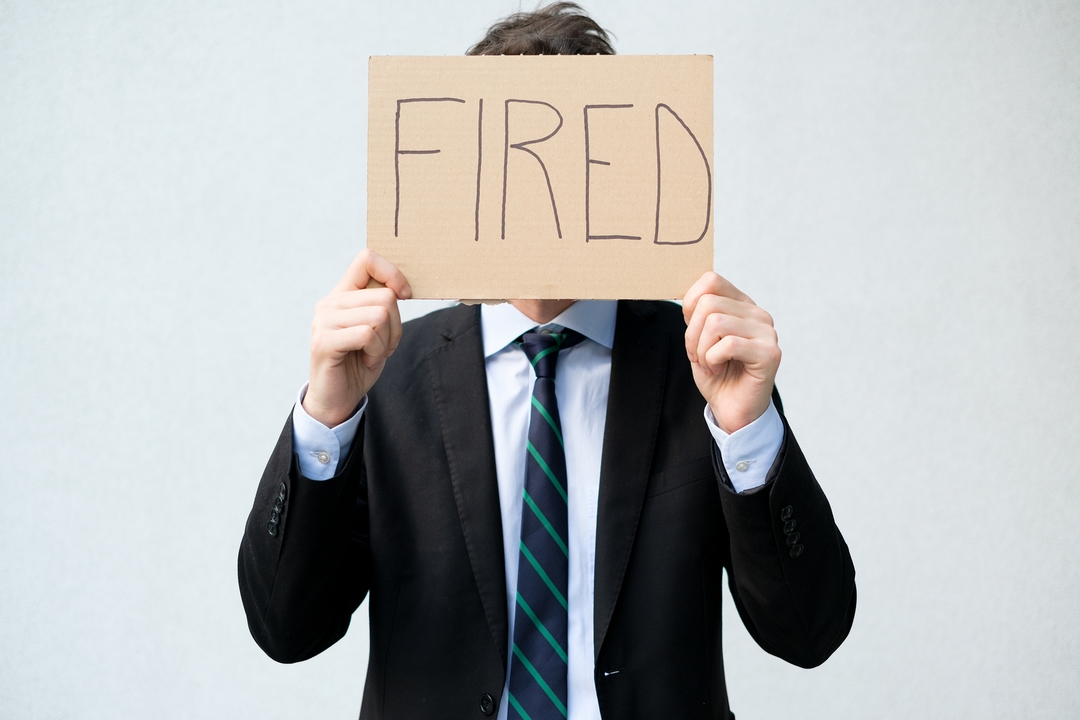
Why do you want this particular job? Why should we hire you?
The answer to this question should be prepared in advance. You are expected to confirm that you are aware of the company's affairs. Lack of knowledge about the company and industry is one of the main reasons for refusal to hire.
Why did you leave your previous (decided to change) job?
Do not talk about the conflict, even if it happened, and do not blame your former boss or employer. Give a reason like: due to the upcoming reorganization, I am not sure that I can be useful to the company further; cannot fully realize my potential; I have no opportunity for professional growth. If the interviewer knows that you had a conflict, without going into details, explain that this was a unique case associated with special circumstances, and emphasize everything positive that was in the previous job: the experience gained, skills, etc.
How do you imagine your position in five (ten) years?
It is better to answer in a streamlined way, for example: I would like to work in the same organization, but in a more responsible job.
What salary do you expect?
It is better to try to evade the answer by saying that you do not think that salary should be discussed in the first place. If the interviewer insists, try to find out from him how much the company intends to offer. If you are nevertheless forced to name a figure, name a little above the average or the upper and lower limits of the expected amount.
What else would you like to know?
Never say you don't have any more questions. You can ask about the content of your future work, what the company expects from a candidate for this position, what problems the person who held this position before you had, or to clarify something that remained unclear from the previous conversation.
If you get this job, what will be your first steps?
The question is often asked to applicants for managerial and administrative positions. You should show your familiarity with similar situations and the ability to take the initiative. But do not overdo it, showing a willingness not to leave stone unturned. Also, beware of suggesting changes if you have not been able to sufficiently familiarize yourself with the state of affairs.
But do not overdo it, showing a willingness not to leave stone unturned. Also, beware of suggesting changes if you have not been able to sufficiently familiarize yourself with the state of affairs.
What are your biggest achievements?
Make a list of your biggest accomplishments in the last 5 years. Where possible, provide numbers to gauge the measure of your success.
What do you think a boss should be like?
In fact, they want to find out if you are prone to conflicts with superiors. The ideal answer would be: A competent, strong leader from whom I could learn, who will give me a chance to test my own strength, who will mentor me, and give me a thrashing if necessary.
Some additional questions you may be asked during the interview:
- How does your work day usually go?
- How do you prioritize your tasks?
- What do you like most and least about your job?
- What problems do you have to solve at your job?
- Do you usually agree or disagree, and why?
- What would you be interested in trying your hand at?
- Given a choice, would you prefer to make plans or carry them out?
- Name 3 situations in which you failed to succeed.
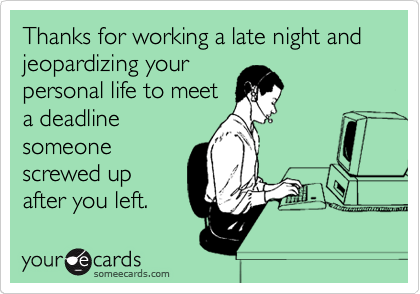 Why?
Why? - Name 3 traits of your character that you would like to correct. Why?
- Why were you laid off (fired)?
- On what points did you agree and disagree with your previous boss?
- How was your work evaluated?
- Do you agree with the assessment?
- Why are you interested in this position?
- How does this position compare with your career expectations?
- What benefit could you bring to the company?
Case Problems
In interviews at some companies, you may be asked to solve situational problems designed to test your train of thought and your ability to find the right solutions. Be prepared for this. For example:
- You are planning to market a new hair gel and intend to sell it to teenagers. How will you promote this product?
- You must help a conservative investor invest $350,000 in securities. Where would you invest these funds?
- Imagine that you are an HR director in a large company.


